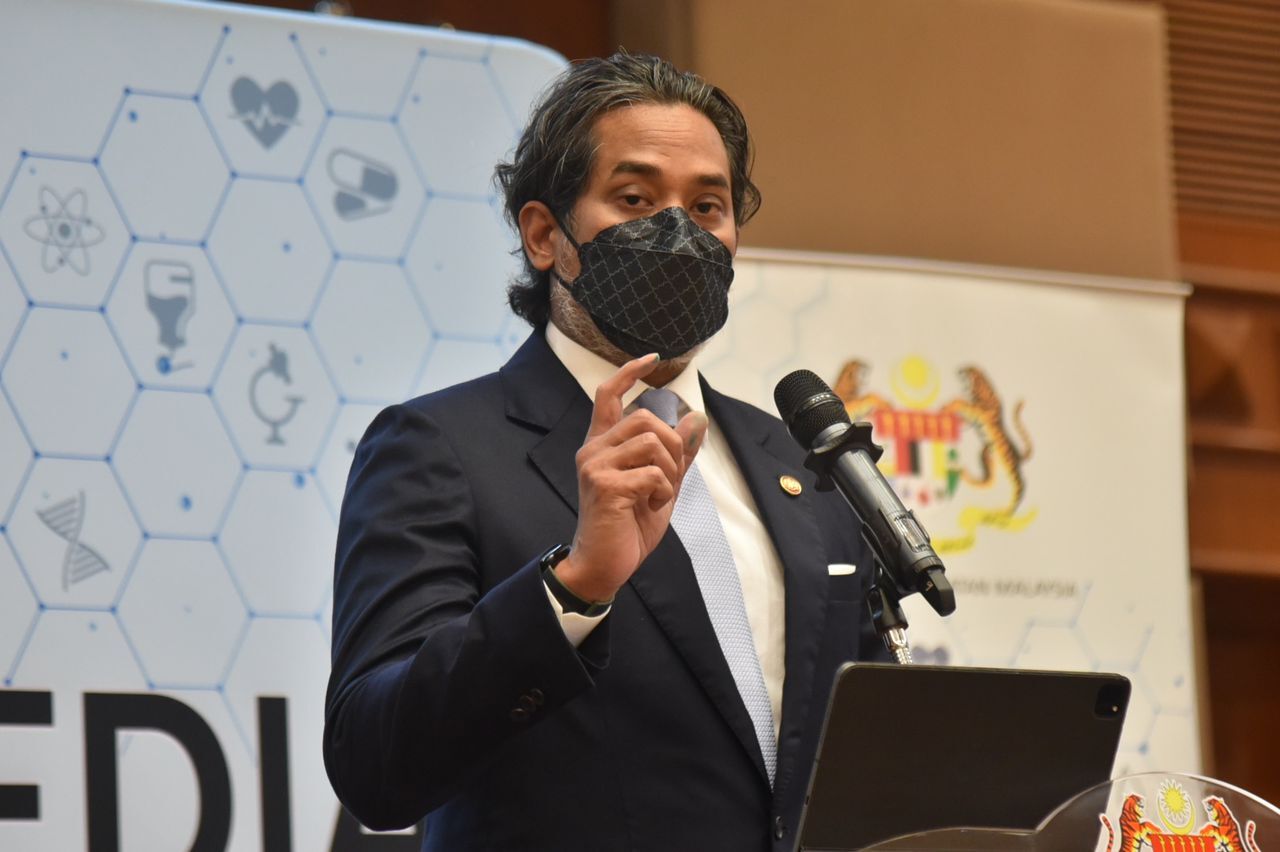KUALA LUMPUR, August 3 – Malaysia’s public health care system, which charges RM1 and RM5 for outpatient and specialist care respectively in Ministry of Health (MOH) facilities, is unsustainable, Khairy Jamaluddin said.
The health minister, in a written parliament reply on July 19, said government expenditure on health increased 190 per cent over the past 14 years, rising from RM12.6 billion in 2006 to RM36.6 billion in 2021.
The government’s collection from the RM1 and RM5 medical fees, as stipulated under the Fees (Medical) Order 1982 and Fees (Medical) (Amendment) Order 2017, accounted for only one per cent of the amount spent on public health care, Khairy said.
“The government is aware that the existing public health financing model is not sustainable and will put additional pressure on the federal expenditure.
“As such, the government is currently studying various future-proof health financing options to strengthen the country’s health care system as a whole so that health services are more equitable, have high standards, easily accessible at a reasonable cost, and are sustainable in the long run.
“These considerations will be included in the Health White Paper that will be presented at the end of this year,” Khairy said in response to Tasek Gelugor MP Shabudin Yahaya’s question on whether the government is ready to introduce a social health insurance scheme as an alternative to the current system, which is heavily subsidised by the government.
Khairy said the government will use a whole-of-government and whole-of-society approach to ensure that the people’s health interests are protected in the implementation of any health financing system in the future.
At a forum in Singapore last June, the health minister suggested introducing a social health insurance scheme in Malaysia, where contributions into the fund would be on a sliding scale based on income and waived or fully subsidised for low-income earners.
However, Khairy later clarified that social health insurance is one of various health financing proposals that will be included in his White Paper on health care reform.
Galen Centre for Health and Social Policy chief executive Azrul Mohd Khalib suggested at a conference organised by BFM that payroll deductions – akin to contributions made by private sector employers and workers to the Employees Provident Fund (EPF), the Employment Insurance System (EIS), and the Social Security Organisation (Socso) – could be used to pay for a national health insurance scheme.
He said that everyone must be able to contribute to the social health insurance fund, including the bottom 40 per cent (B40) of income earners, pointing out that less than 10 per cent of workers in the country pay income tax.








